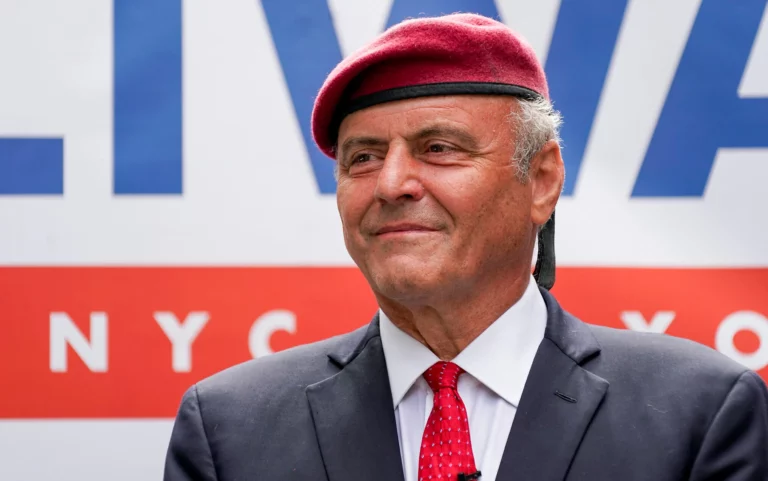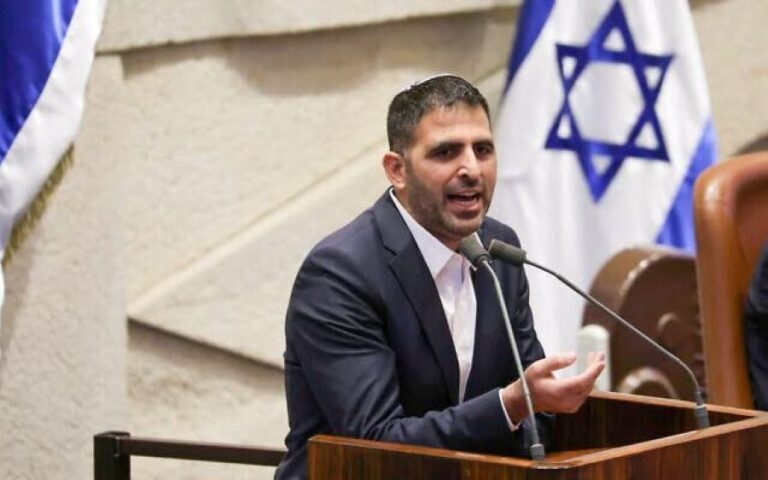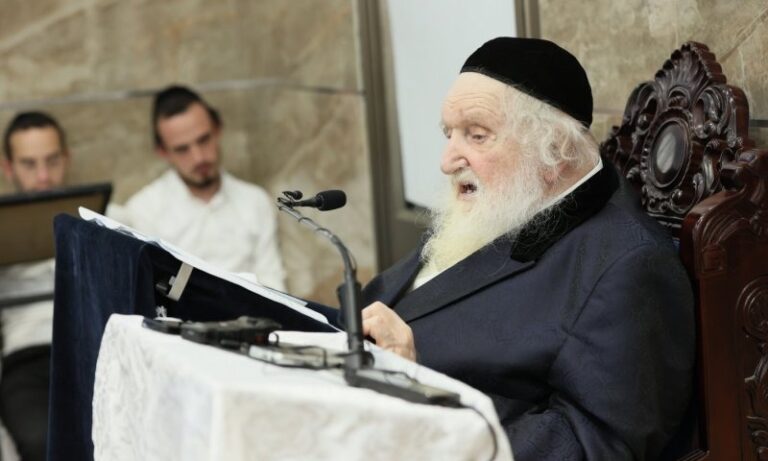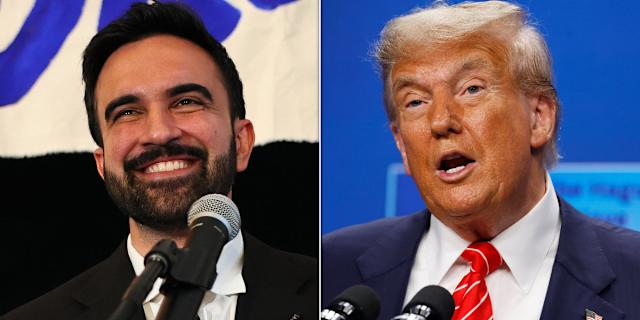 A group of East Coast states wants to help overhaul the way America pays for its decaying roads, and it’s starting with Monopoly money.
A group of East Coast states wants to help overhaul the way America pays for its decaying roads, and it’s starting with Monopoly money.
Delaware, Pennsylvania, Connecticut and New Hampshire are proposing pilots to figure out how they might charge motorists a fee for the miles they travel – rather than taxing their gas, as state and federal officials do today.
The I-95 Corridor Coalition, which represents transportation officials from 16 states and the District of Columbia, applied for a federal grant last month to test the idea.
Officials would stitch together the policies and technologies needed to count the miles driven by 50 recruits from each of the four states, including state legislators, transportation officials or other willing guinea pigs. They would send out “faux invoices” monthly. And they would collect the data that legislatures – and the driving public – would require to decide if the change makes sense.
Although California plans to launch a pilot in July, also with fake invoices, and Oregon has had success with a volunteer program collecting actual cash, the concept is not particularly well known – or well loved across the country.
The Mineta Transportation Institute, which has polled the public on a variety of tax questions for the past seven years, found that the mileage tax was “unwaveringly unpopular.” In the latest survey, which covered 1,500 people and was released this month, the institute found that support ranged between 23 percent and 48 percent, depending on how the question was framed. More people liked the idea if the mileage tax varied by how much a car pollutes.
But Jennifer Cohan, Delaware’s secretary of transportation and chair of the coalition, said states have no choice but to seek alternatives.
“Reliance on the gas tax as a major contributor to funding transportation is no longer a viable option,” Cohan said.
The federal gas tax of 18.4 cents per gallon has not been raised since 1993, and many states have not indexed their own gas taxes to inflation, so those key funding sources have fallen far behind the nation’s needs.
And efforts to raise gas taxes can hit a political wall, as one did in Delaware last year. “In general, it just leaves a bad taste in their mouth when you mention the words ‘gas tax,’ ” Cohan said.
According to the latest Mineta survey report, authored by Asha Weinstein Agrawal and Hilary Nixon, which was presented this month at the Commonwealth Club of California, between 31 percent and 75 percent of people supported increasing the gas tax – the higher figure if it was dedicated to maintenance.
Delaware ended up raising DMV fees instead. But advocates said that there needs to be a more comprehensive approach to plugging the gaping hole in the nation’s transportation funding, which is why the group of states is delving into the intricacies of “mileage-based user fees.”
“It’s kind of hard to wrap your head around it,” Cohan said, adding that she hopes to tap would-be opponents as some of the test subjects if they are awarded the grant.
“Whatever it ends up being, at least we’ll have data. We’ll actually have something to show: This is what it will look like if we actually implement it,” she said.
Privacy remains a key issue, including how the government can track miles traveled without raising fears of snooping on where people are going.
Backers say that they are sensitive to such concerns, particularly after Edward Snowden’s revelations about data collection by the National Security Agency left many spooked about government overreach. At the same time, people readily allow their movements to be charted and their personal details to be broadcast via smartphone apps.
Louis Neudorff, an engineer at the firm CH2M Hill, helped manage Oregon’s effort and would play a key role if the I-95 group secures federal funding. He said there are a range of technological tools that allow miles to be tallied without intrusion. Drivers can plug a counting device into a port already found on many cars, he said. Cellphone apps are another option, including one that calls for the driver to take periodic photos of the odometer. One firm promises to pull mileage data from cars through a device hooked to gas pumps at local service stations, Neudorff said.
Cheaters seeking to game the system are a challenge as well.
Of course, some people have no objections to one of the most straightforward solutions: using GPS to measure distances. Such a method would also help solve one of the big questions the East Coast pilot projects would seek to answer: how to divvy up all the miles (and money) based on which state the car is in.
“You can drive three or four hours in our part of the world and go through three or four states,” said Neudorff, who lives on Virginia’s Eastern Shore. Loads of toll data from E-ZPass transponders that are already in many cars could help, he said.
“You cannot mandate GPS or, politically, this will never go anywhere. You have to have choices,” Neudorff said.
Patricia G. Hendren, executive director of the I-95 coalition, said that people could opt out. Any future approach “will offer the option to simply pay an annual fee,” she said. But setting that fee could be sticky.
Backers said such questions, and even basics such as how much to charge per mile, are part of what needs to be hashed out in the experiments. Oregon, for example, has been charging 1.5 cents per mile in its volunteer program, which was designed to raise the same amount as gas-tax revenue.
The intent is that the mileage-based fee “is not additive, but a substitute for the gas tax,” Hendren said. The fake monthly bills would include “estimated gas-tax credits,” she said.
“The idea is to get folks comfortable that mileage-based user fees are a feasible, reasonable and easy-to-use approach,” Hendren said. Vermont is among the five states that signed on for the planning portion of the project, but it is not undertaking a pilot “due to financial constraints,” she said.
Advocates said fairness is a selling point, arguing that people should pay for how much of the roads they use, just as they pay for water or electricity. Under the current system, electric cars avoid the gas tax altogether, though they have big environmental pluses.
“It’s the age-old discussion: whether or not transportation should be user-based or more broadly based, because it’s a basic function of government,” said Aubrey Layne, transportation secretary in Virginia, which did not join the grant application. Layne said he supports the exploration, which could turn out to be “part of the answer.”
But he said he is skeptical that it will be the primary way to close the nation’s vast funding gap: “I don’t think it’s the Promised Land that’s going solve all our problems.”
(c) 2016, The Washington Post · Michael Laris











3 Responses
The gas tax is reasonably fair for 2 reasons: 1)it rewards people who buy gas-efficient cars and taxes those who buy guzzlers and pollute the environment and 2)it correlates fairly well with mileage.
The mileage-based approach treats gas guzzlers and economizers equally – which is unfair. The rationale given is that you have to create an illusion in order raise taxes because people won’t tolerate something that is actually reasonable and fair. What does that say about American society?
Connecticut loves driving people away from their state
Sad, because there are a lot of nice people there
THIS IS VERY VERY VERY DANGEROUS! This is a way for the govt to track us.
Think about it!